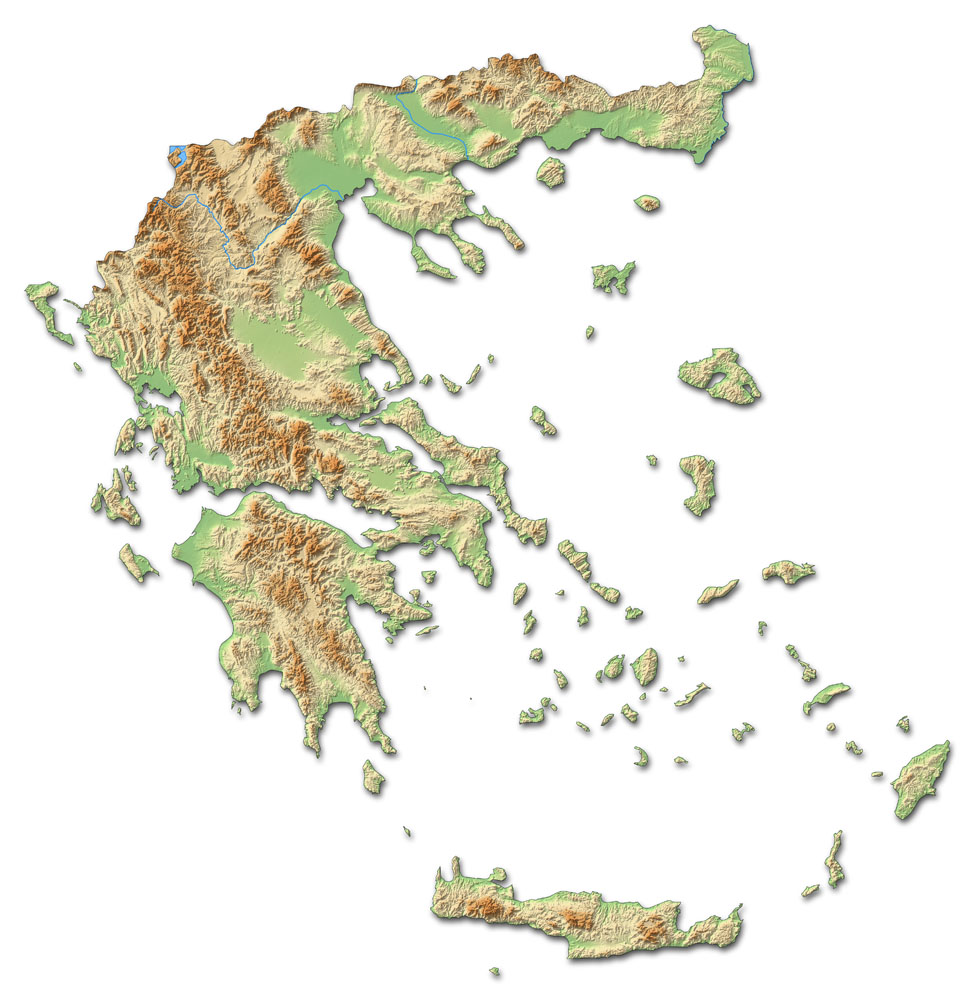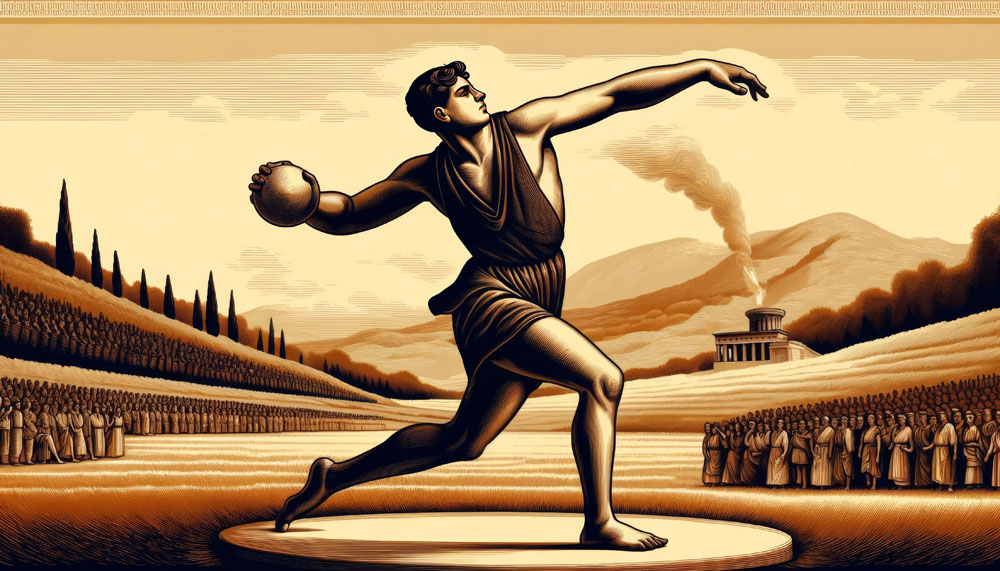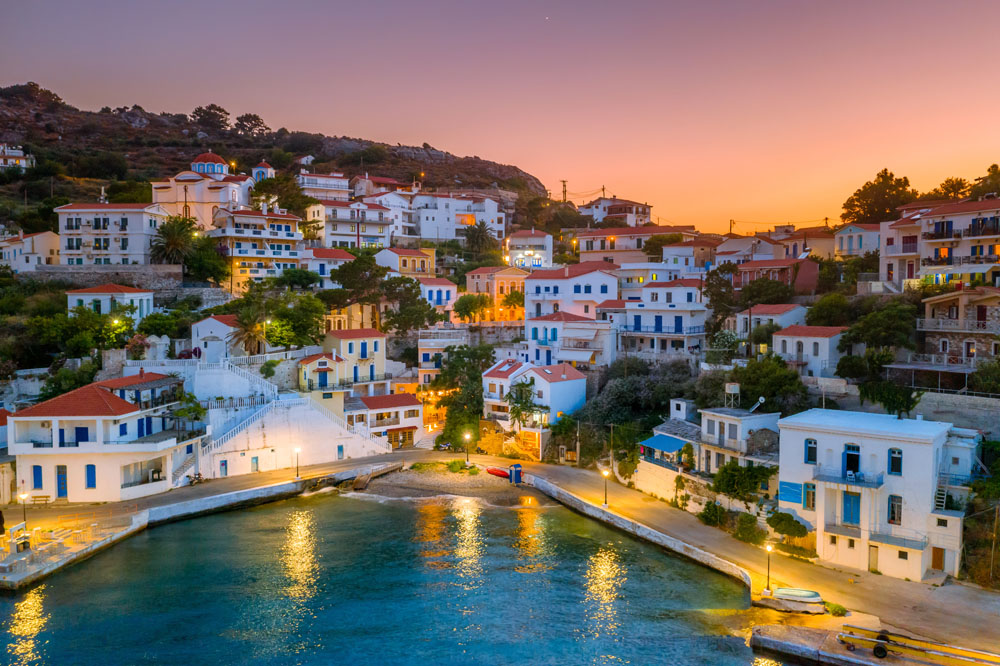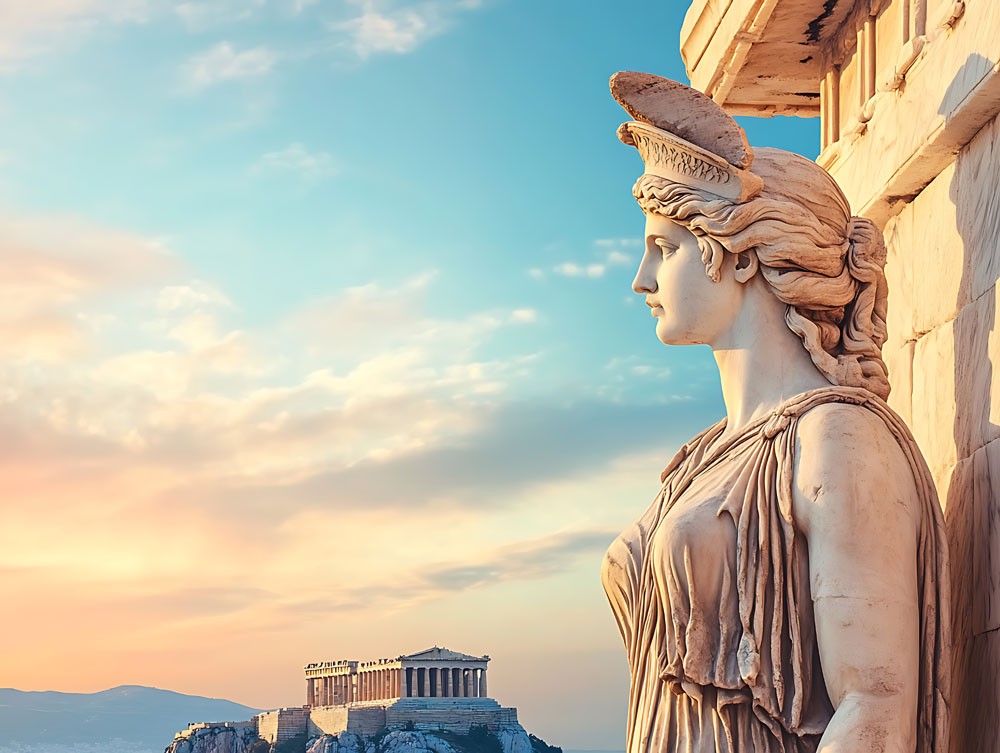
Greece, a peninsular country in Southern Europe, is characterized by a mountainous terrain, a long coastline, and numerous islands. It’s bordered by Albania, North Macedonia, Bulgaria, and Turkey. Approximately 80% of Greece is mountainous, including the Pindus Mountains and Mount Olympus, the highest point in Greece.
Greece has approximately 10.5 million inhabitants.
Greece is a developed country with a developed economy, with an important role in shipping and tourism.

Greece has a rich history and culture, with important historical and archaeological monuments.
The climate in Greece is mainly temperate with mild winters and hot summers.

Birthplace of Democracy:
Athens is widely recognized as the birthplace of democracy, with the first democratic system established around the 5th century BC.
Ancient Civilizations:
Greece is home to ancient civilizations like the Mycenaeans and Minoans, who left behind impressive archaeological sites and cultural legacies.
Philosophy:
Ancient Greece is also known as the birthplace of philosophy, with influential thinkers like Socrates, Plato, and Aristotle shaping the course of Western thought.
Ancient Olympic Games:
The first Olympic Games were held in Olympia, Greece, and the tradition of the Olympic flame also originated there.
Language:
The Greek language is one of the oldest written languages still in use, and it has influenced many other languages, including English.
Islands:
Greece has over 6,000 islands and islets, with many inhabited by people.
Mountains:
About 80% of Greece is mountainous, with a diverse landscape ranging from rugged peaks to fertile valleys.
Sunshine:
Greece is one of the sunniest countries in Europe, with an average of 300 sunny days per year.
Santorini. A Volcanic Island:
Santorini is a volcanic island with a dramatic caldera and stunning cliffs, making it a popular tourist destination.

Ikaria. A Blue Zone:
The island of Ikaria is known as a “Blue Zone” due to its high population of centenarians and healthy people.

Athens’ Name:
The city of Athens is named after the goddess Athena, who was revered as the city’s patron deity.
Ancient Greek Yoyo:
The yoyo was invented in ancient Greece and is believed to be the oldest toy in the world.
Olive Oil Production:
Greece is a major producer of olive oil, with olive trees cultivated for over 6,000 years.
UNESCO Sites:
Greece boasts 18 UNESCO World Heritage Sites, showcasing its rich historical and cultural heritage.
Endemic Wildlife:
Greece is home to unique endemic species of plants and animals, reflecting its diverse ecosystems.
Greek Cuisine:
Greek cuisine is known for its fresh ingredients, flavorful dishes, and traditional cooking methods.